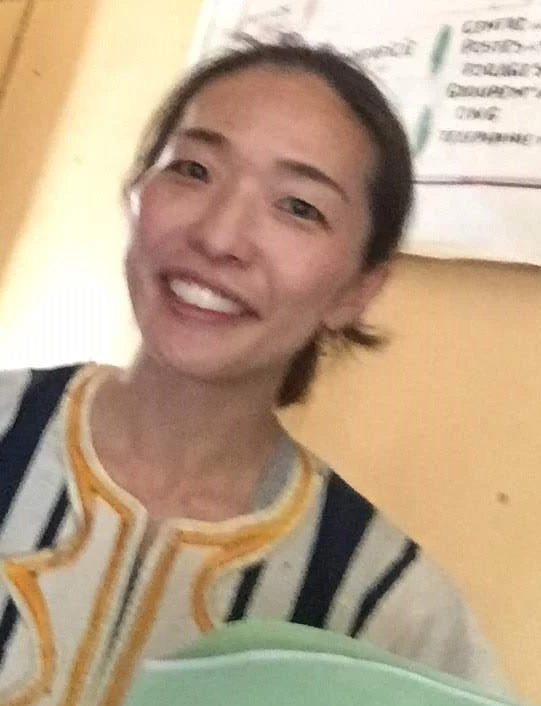 CSOs in time of COVID-19
CSOs in time of COVID-19
The World Bank Group has mounted a swift and broad response to the COVID-19 crisis, with its support now reaching over 100 developing countries. Such large-scale efforts to combat the effects of this global pandemic are crucial and go hand-in-hand with smaller, but equally important and targeted activities that are helping local communities respond to the crisis and protect their people through it.
We know this through our interactions with civil society organizations (CSOs), non-governmental organizations (NGOs) and government representatives. Most recently, such a group gathered and exchanged their experiences in the fight against COVID-19 in Guinea, a country of about 13 million people in Africa. Members of government agencies, l’Agence nationale d’inclusion economique et sociale (ANIES) and l’Agence Nationale de Financement des Collectivités Locales (ANAFIC) – also shared updates on the steps they have taken to mitigate the effects of the pandemic.
The Bank had already engaged with some of these CSO members in 2019 to inform critical analytical work on mainstreaming citizen engagement in Guinea. But this time, the focus remained squarely on the challenges faced in the fight against COVID-19 and innovative solutions, such as the use of technology and social media, to help raise awareness around the risks of infection, and/or to provide basic sanitation kits in communities. Most of these organizations work in specific regions or communities in the country, while others target social groups such as women, young adults or the elderly.
A key message that emerged clearly was the importance of grassroots awareness (including demystifying and accepting the reality of the pandemic) in local communities. This means ensuring access to the right information, while rapidly providing emergency response, such as distribution of health kits in remote areas. Experience from the Ebola pandemic has shown that it is essential to employ creative ways to communicate safety messages and monitor activities, especially in rural communities. These organizations also see the pandemic as an opportunity to work together and strengthen the country’s health system and their own capacity to deal with crises – with government agencies playing a crucial, complementary role.
Guinea is not alone in this regard. In many developing countries, leveraging local organizations and their reach has been crucial to take life-saving information to those who need it most. COVID-19 has only underscored the need for robust communication between CSOs and NGOs and for transparent, collaborative interactions between the government and citizens of Guinea.
For example, ANIES, through the recently approved Emergency Response and Nafa Program Support Project, is piloting the provision of emergency support to the country’s most vulnerable households starting with those in the capital of Conakry to fight COVID-19. With initial emergency relief efforts through cash transfers, the project's goal is to contribute to the economic recovery and bring accompanying measures to scale.
Another agency, ANAFIC, which complements Guinea’s decentralization efforts with a community-driven development approach, has distributed medical kits to 152 health posts built last year by the government national fund for local development. It is also strengthening their communication campaigns to reach rural communities, in close collaboration with local governments. ANAFIC is also working with CSOs and local governments to promote participatory budgeting across the country, to account for COVID-19 preventive measures in local budgeting processes.
In Guinea, the Bank mobilized nearly $46 million in existing operations and $221million in new funding to fight COVID-19 and to support the country’s economic recovery. ANAFIC is coordinating a monitoring of COVID-19 response efforts by project teams across the country, using a GPS-enabled online tool that is supported by a World Bank Support to Local Governance Project and the State and Peace Building Fund. This tool allows these contributions to be better monitored and captured on the ground, with data and photos that can be shared in a transparent manner.
During times like this, it is heartening to see how different actors on the ground – from the government to CSOs and citizens – are doing their part to respond to the crisis in a responsible, equitable and complementary manner, ensuring nobody is left behind.
As one CSO member said – “It is essential that we communicate amongst ourselves. we will only defeat this disease if we all work together. It is each citizen’s responsibility to contribute to this fight.



Join the Conversation